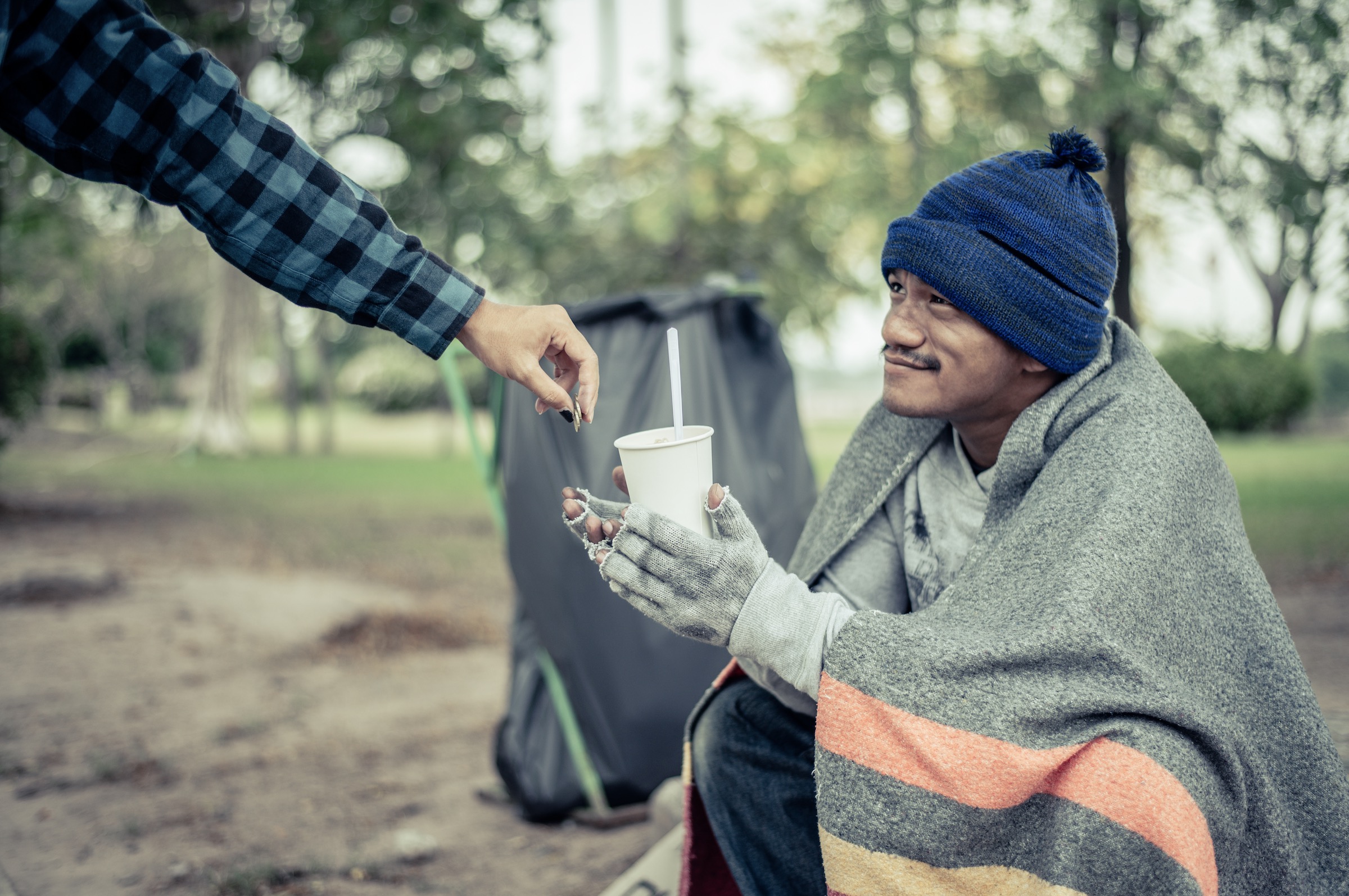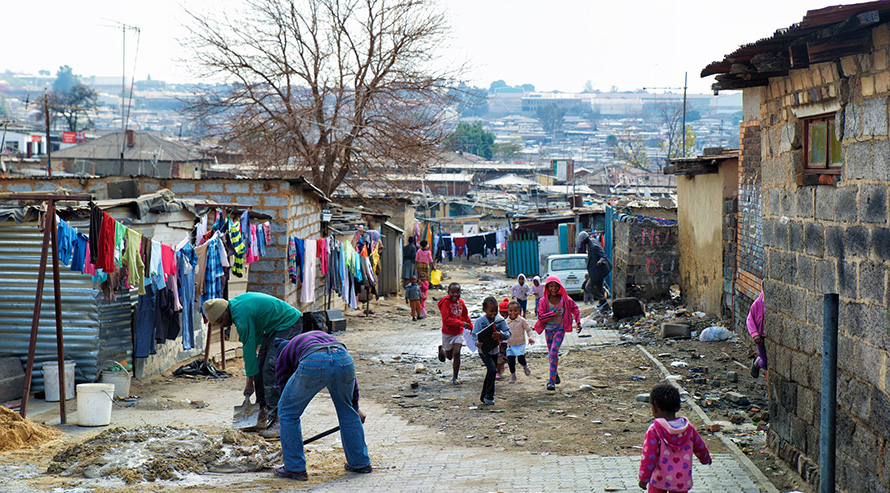Discussing Why Unequal Access to Basic Services Could Give Rise to Social Injustices

On this page, we Discuss Why Unequal Access to Basic Services Could Give Rise to Social Injustices
Unequal access to basic services is a pivotal factor that can lead to social injustices. This disparity not only highlights the gaps within a society’s framework but also exacerbates issues such as poverty, discrimination, and systemic inequality. When certain groups are systematically denied access to services such as healthcare, education, clean water, and sanitation, it creates a cycle of disadvantage that is difficult to break. This essay explores how unequal access to these essential services fosters social injustices and offers examples to underline the urgency of addressing these disparities.
Why Unequal Access to Basic Services Could Give Rise to Social Injustices
Impact on Health and Wellbeing
Unequal access to healthcare services directly contributes to social injustices by affecting the health and wellbeing of marginalized communities.
- Examples:
- In rural areas, the lack of healthcare facilities means that residents often suffer from treatable conditions due to the absence of medical services.
- Lower-income families may not afford quality healthcare, resulting in higher mortality rates and untreated chronic diseases compared to wealthier populations.
Educational Disparities
Education is a fundamental right, yet unequal access remains a significant barrier, perpetuating the cycle of poverty and social injustice.
- Examples:
- Children in underprivileged neighborhoods often attend schools with insufficient resources, leading to lower educational outcomes compared to those in more affluent areas.
- The digital divide became evident during the COVID-19 pandemic, where students without internet access or digital devices were left behind in remote learning settings.
Sanitation and Clean Water
Access to sanitation and clean water is essential for healthy living, yet disparities in these services contribute to social injustices.
- Examples:
- Communities without access to clean water are more susceptible to diseases such as cholera and diarrhea, which can be preventable with proper sanitation facilities.
- The lack of sanitation services in informal settlements not only affects health but also dignity, as individuals are forced to live in unhygienic conditions.
Economic Inequality
Unequal access to basic services exacerbates economic inequalities, trapping individuals in a cycle of poverty.

- Examples:
- When access to quality education is limited, employment opportunities decrease, leading to lower income and reduced economic mobility.
- Healthcare expenses can devastate financially vulnerable families, pushing them into debt and further poverty.
Unequal access to basic services is a significant driver of social injustices, affecting communities’ health, education, economic stability, and overall quality of life. By examining the impacts and providing tangible examples, it becomes clear that to build a more equitable society, there must be a concerted effort to ensure that all individuals have fair access to these essential services. Addressing these disparities is not only a matter of social justice but a prerequisite for sustainable development and social cohesion.
FAQs from Exam Papers
How unequal access to basic services could give to social injustices?
Unequal access to basic services such as water, healthcare, and education can lead to social injustices by perpetuating poverty, inequality, and marginalization. When certain groups are deprived of these essential services, they face greater barriers to economic opportunities, health, and overall well-being, thereby widening the gap between the rich and the poor.
What are the causes of injustice and inequality?
The causes of injustice and inequality in South Africa include historical factors such as apartheid, which established systemic discrimination, economic disparities, lack of access to quality education, corruption, and ineffective governance. These factors continue to influence the distribution of resources and opportunities, disproportionately affecting marginalized communities.
How unequal access to basic water service could negatively impact the quality of community’s life?
Unequal access to basic water service can severely impact a community’s quality of life by limiting hygiene and sanitation, increasing the risk of waterborne diseases, and reducing agricultural productivity. This can lead to health issues, food insecurity, and economic instability, further entrenching poverty and social disparities.
What are the reasons for an equal access to basic services?
Equal access to basic services is crucial for promoting social equity, improving public health, enhancing educational outcomes, and supporting economic development. Ensuring everyone has access to essential services fosters inclusive growth, reduces poverty, and strengthens social cohesion.
How is access to unequal health services an example of social injustice?
Access to unequal health services is a clear example of social injustice as it results in disparities in health outcomes. Marginalized communities often experience higher rates of illness and mortality due to limited access to quality healthcare, exacerbating existing inequalities and undermining their overall well-being.
What is an example of how social inequality contributes to social problems?
An example of how social inequality contributes to social problems is the high crime rates in impoverished areas. Lack of economic opportunities, inadequate education, and poor living conditions often lead to increased crime as individuals struggle to meet their basic needs, creating a cycle of poverty and insecurity.
How does unequal access to water affect people?
Unequal access to water affects people by restricting their ability to maintain hygiene, leading to health problems, reducing agricultural productivity, and increasing time and effort spent on fetching water. This disproportionately impacts women and children who are often responsible for water collection, limiting their educational and economic opportunities.
What are three consequences of water shortage in the community?
Three consequences of water shortage in the community are:
- Health risks due to inadequate sanitation and hygiene.
- Decreased agricultural yields, leading to food insecurity.
- Economic strain as time and resources are diverted to obtaining water, reducing productivity and income.
What is the impact of lack of access to clean water on local people and the potential for economic development?
The lack of access to clean water impacts local people by causing health issues, reducing school attendance (especially for girls), and limiting economic activities. This hampers economic development as communities struggle with disease, low productivity, and reduced educational outcomes, making it difficult to break the cycle of poverty.
